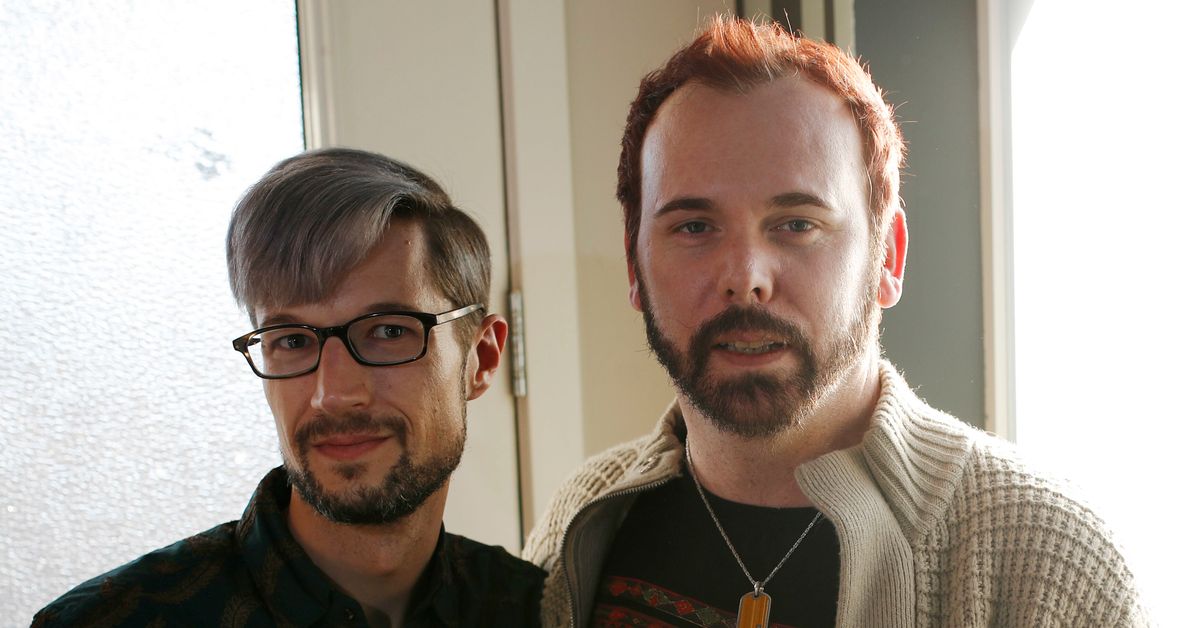Key takeaways:
- The US Supreme Court has ruled in favor of a Christian website designer who refused to make wedding websites for same-sex couples.
- The ruling has raised questions as to whether businesses are now allowed to refuse to serve same-sex couples or LGBTQ people, generally.
- The ruling has been met with criticism from LGBTQ rights groups, who argue that it sets a dangerous precedent and could lead to more discrimination against LGBTQ people.
The US Supreme Court has ruled in favor of a Christian website designer who refused to make wedding websites for same-sex couples, in a decision that has raised a long list of legal questions.
The ruling, in 303 Creative LLC v. Elenis, was made by the conservative court and has been seen as a setback for gay rights. The website designer’s business provided “expressive,” individualized services and involved “pure speech,” meaning literal written words.
Charlie Craig and David Mullins, the gay couple at the center of a lawsuit against a conservative Christian baker who refused to sell them a wedding cake, expressed their disappointment in an opinion piece for USA Today. They reflected on the new decision five years after the couple narrowly lost their case before the Supreme Court, Masterpiece Cakeshop v. Colorado Civil Rights Commission.
Justice Neil Gorsuch, who wrote the majority opinion, noted repeatedly that the case centered on a very specific type of speech. This has raised questions as to whether businesses are now allowed to refuse to serve same-sex couples or LGBTQ people, generally.
The Supreme Court’s ruling has sparked debate among legal experts over the implications of the decision. Some argue that the ruling is limited to the specific facts of the case and does not provide a broad license for businesses to discriminate against LGBTQ people. Others, however, are concerned that the ruling could open the door to more widespread discrimination.
The ruling has been met with criticism from LGBTQ rights groups, who argue that it sets a dangerous precedent and could lead to more discrimination against LGBTQ people. The decision is likely to be challenged in the courts, and the implications of the ruling will be closely watched in the coming months.



Be First to Comment